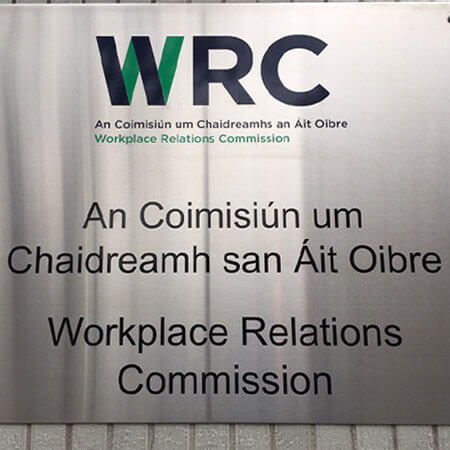Social Security in Ireland
If you’re working in Dublin – or anywhere else in Ireland – you’ll need a Personal Public Service number. This PPS number is unique to you and allows you to access public services and social welfare in Ireland. This number is also used to register you for income tax.
A PPS number will allow you to access:
You can find out how to apply for a PPS number in our guide on moving to Dublin.
Income tax in Ireland
When you get your first pay slip you’ll notice that there are three entries for tax: PAYE, PRSI and USC.
PAYE
The first is PAYE, which stands for pay as you earn. This is a deduction from your gross pay, which goes toward funding the national budget.
PAYE is usually charged at 20% on the first chunk of your income. But if you earn over a certain amount of money, the rate of income tax will increase to 40%. For example, a single person earning €50,000 a year will be deducted 20% on the first €35,300 they earn. For the other €14,700, 40% will be deducted.
However, it’s worth noting that you’ll also receive an annual tax credit. In 2024, all employees received a tax credit of €1,875. Depending on your personal circumstance, you may be able to take advantage of other tax reliefs too.
PRSI
The second income tax is PSRI, which stands for pay related social insurance. This funds Ireland’s social welfare payments and pension’s system.
PRSI contributions are made by both employees and their employers. For employees, the rate of PRSI is usually 4%.
USC
Those earning over €13,000 per year will also pay the universal social charge. Much of the money taken in through the USC goes towards funding Ireland’s public health system.
The USC is a progressive tax, so different rates are charged on different levels of income. For example, USC is charged at 0.5% on the first €12,000 you earn. But this figure rises substantially to 8% on any earnings you receive over €70,000.



